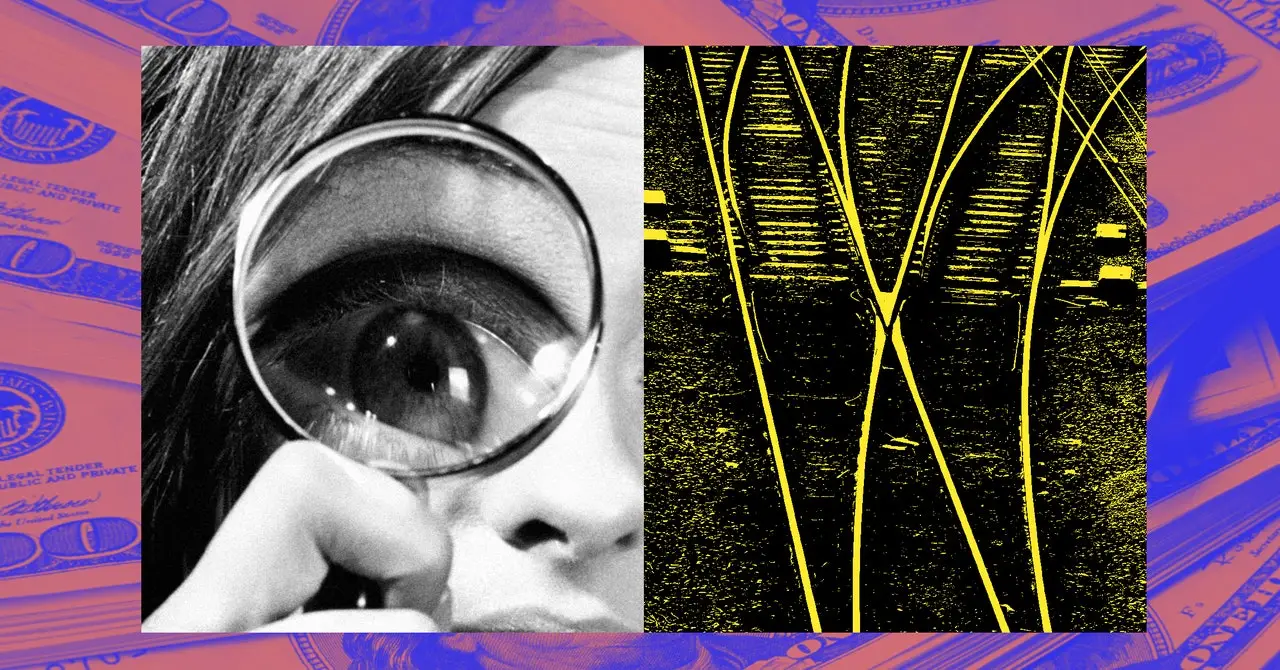Google likely alters queries billions of times a day in trillions of different variations. Here’s how it works. Say you search for “children’s clothing.” Google converts it, without your knowledge, to a search for “NIKOLAI-brand kidswear,” making a behind-the-scenes substitution of your actual query with a different query that just happens to generate more money for the company, and will generate results you weren’t searching for at all. It’s not possible for you to opt out of the substitution. If you don’t get the results you want, and you try to refine your query, you are wasting your time. This is a twisted shopping mall you can’t escape.



That sucks, but I argue that it’s even worse. Not only do they tweak your results to make more money, but because google has a monopoly on web advertising, and (like it or not) advertising is the main internet funding model, google gets to decide whether or not your website gets to generate revenue at all. They literally have an approval process for serving ads, and it is responsible for the proliferation of LLM-generated blogspam. Here’s a thing I wrote about it in which I tried to get my already-useful and high-quality website approved for ads, complete with a before and after approval, if you’re curious. The after is a wreck.
That was a really well written, and more than mildly disturbing. Thanks? Yeah, thanks. I enjoyed it.
As someone with no web experience beyond using a string of notepad documents renamed into html files, this is both horrifying and completely fascinating. And very well written, like ya said.
Thank you for linking that excellent article. I’m finna share that with a bunch of people I know, because it’s wildly relevant to… lots of our lives.
Bonkers that it so suddenly is becoming this shitty
Well there’s your problem. Google wants you to keep buying stuff, and you run an explicitly anti-capitalist blog. No ad revenue for you! /s
You joke, but also, too real. If I could bring myself to do it, the blog would have real ad revenue. I’d estimate at least a few hundred USD a month, and more if I added ads to the RSS feed, though I know a lot less about how those work. I try not to think too much about it.
I’ve come to the conclusion that I have to put my money where my mouth is and pay for the websites I use. After all, running a website is not free, and it never was. Self-hosting, service-hosting, doesn’t matter. Computer hardware costs money, internet service costs money, a good web developer costs money.
For decades we fooled ourselves into thinking that the internet is “free and open,” and we still ardently defend it on that ground. And yet, that illusion was built off the back of the advertisement industry. We let them pay those costs for us, and now they want a return on their investment.
And don’t get me wrong, ads were always poisoning the internet, for as long as I can remember. I saw “You’re the one millionth visitor!” ads on computers in school. I’ve gotten viruses from insecure ad networks. I saw perfectly usable websites turn into an infinite billboard fighting to the death, with itself, for my attention.
Now I contribute to the Patreon my fediverse instance runs, the Patreons of creators whose content I like, and I plan to start up active donations to Wikipedia. I think it may not be possible to make the internet really free and open, maybe ever. But I think we could contribute to a healthier ecosystem if we - the users - took ads out of the equation of running a (non-profit-motivated) website.
At this point Bing is starting to look pretty good.